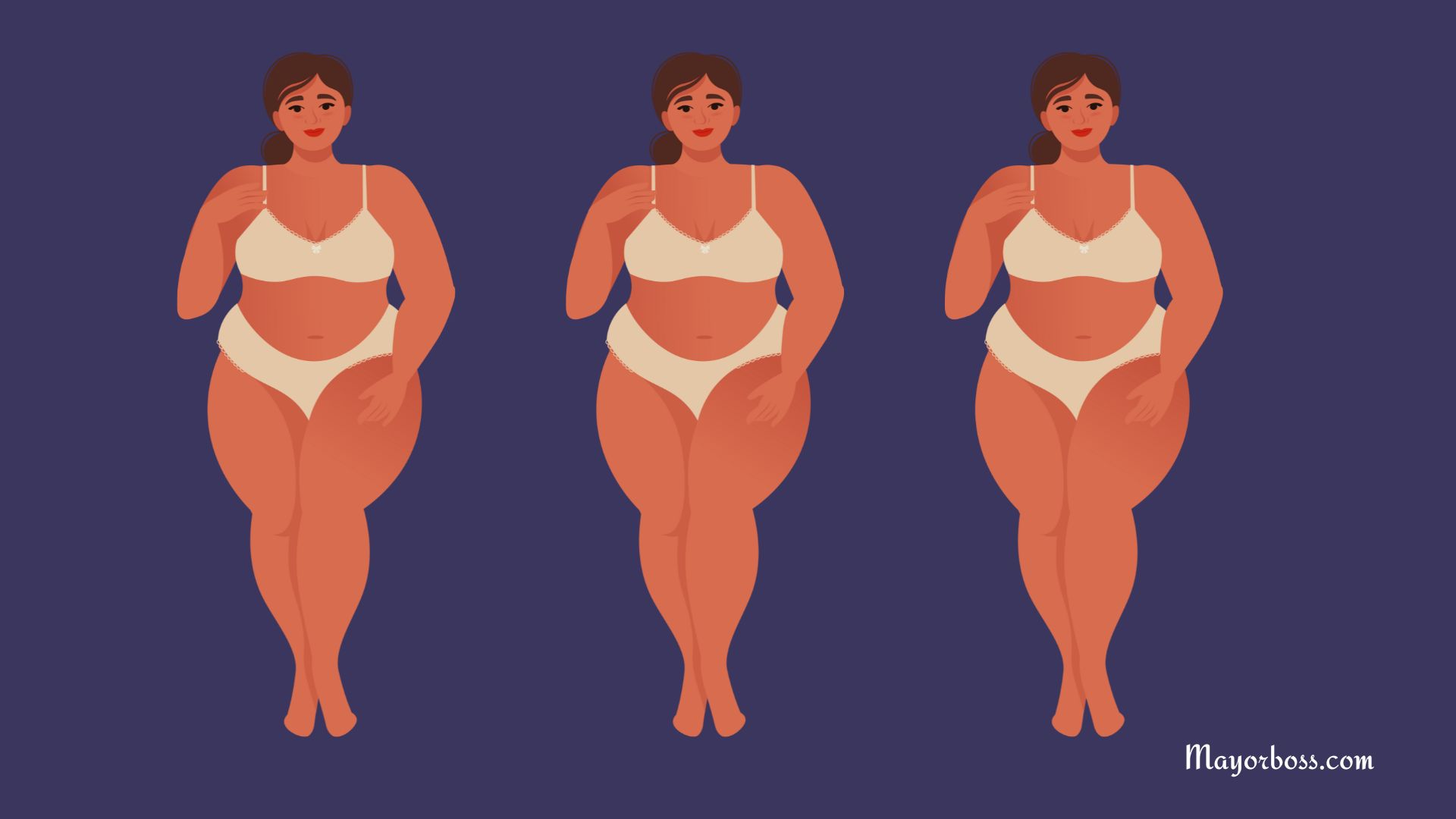5 Reasons Women Gain Weight After 40
When you hit your 40s, your body starts to change in a lot of ways. These changes can include a slower metabolism, hormone shifts, and loss of muscle mass, which can all affect how your body looks and feels. For many women, this means dealing with weight gain they weren’t expecting. But why does this happen, and what can you do about it? Here are five reasons why women tend to gain weight after turning 40 and some tips to help manage it.

Hormone Changes Make Weight Gain Easier
One of the main reasons women gain weight after 40 is because of hormone changes. As you get closer to menopause, your estrogen levels start to drop. Estrogen helps control how your body stores fat, and when these levels go down, your body might start to store more fat, especially around your belly.
It’s not just estrogen. Other hormones like progesterone and testosterone also change, which can make it harder to keep your weight stable. These changes can also slow down your metabolism, which means your body burns fewer calories.
To help with weight gain from hormones, talk to your doctor about possible treatments or changes to your diet. Staying active can also help balance your hormones and keep weight gain under control.
Your Metabolism Slows Down
By the time you’re in your 40s, your metabolism starts to slow down. This means your body doesn’t burn calories as fast as it used to. You might find that eating the same amount of food as before now makes you gain weight.
This slower metabolism is partly because of aging. As you get older, you lose muscle, and muscles burn more calories than fat. Hence, when you have less muscle, your metabolism slows down even more.
You can boost your metabolism by doing strength training exercises. Lifting weights or using resistance bands can help you build muscle, which will keep your metabolism more active.
Busy Life Means Less Physical Activity
Life can get really busy in your 40s. Between work, taking care of your family, and other responsibilities, many women don’t have as much time for exercise as they used to. Being less active can lead to weight gain.
Staying active doesn’t mean you need to spend hours at the gym. Simple habits like doing ten minutes of stretching every morning can be helpful. Other small changes, like taking the stairs instead of using the elevator, going for a walk during lunch, or doing yoga at home, can help too. The key is to be consistent—find ways to move that fit into your busy life.
Stress Can Lead to Weight Gain
Life in your 40s can be pretty stressful—whether it’s work, caring for parents, or dealing with teenagers. Stress can make you gain weight because it increases a hormone called cortisol.
Cortisol can make you feel hungrier and cause your body to hold onto fat, especially around your belly. This is because cortisol makes your body think it needs to store fat for emergencies. Stress can also lead to emotional eating, where you eat unhealthy foods to feel better.
To help with stress, try things like meditation, deep breathing, or spending time on hobbies you enjoy. Keeping stress under control can help keep your cortisol levels down and prevent weight gain.
Not Enough Sleep Can Cause Weight Gain
You might not think sleep affects your weight, but not getting enough sleep can make it hard to keep a healthy weight. Many women in their 40s struggle with sleep because of hormone changes or busy schedules. But when you don’t get enough sleep, it can mess up the hormones that control hunger, like ghrelin and leptin.
Ghrelin makes you feel hungry, and leptin makes you feel full. Ghrelin tells your tummy it wants food, while leptin tells you that you have had enough. When you don’t sleep enough, your body makes more ghrelin and less leptin, which makes you want to eat more. Being tired can also make you less likely to exercise, which can lead to more weight gain.
Try to get 7-8 hours of sleep each night. Develop a bedtime routine that helps you relax, like reading a book, taking a warm bath, or listening to calming music. Avoid screens before bedtime because they can make it harder to fall asleep. Getting good sleep is really important for keeping your weight in check.
Conclusion
Weight gain after 40 can feel tough, but it doesn’t have to be. By understanding why it happens—like hormone changes, slower metabolism, and lifestyle shifts—you can take steps to manage your weight. Small changes in your diet, managing stress, staying active, and getting enough sleep can all help you stay at a healthy weight and feel your best.
